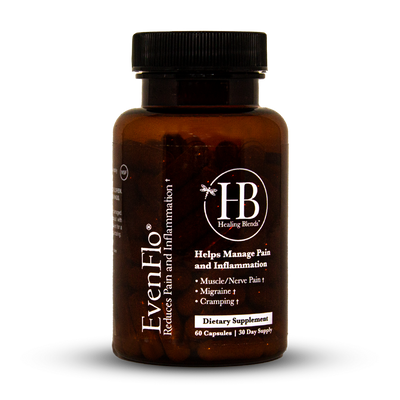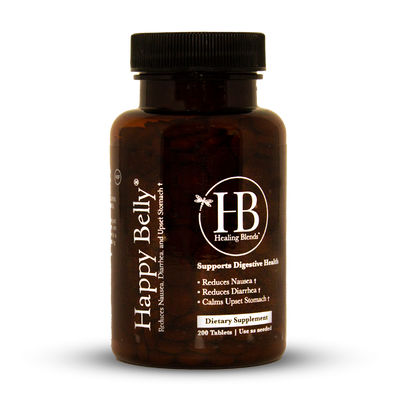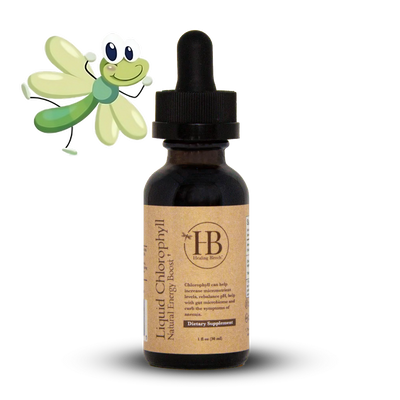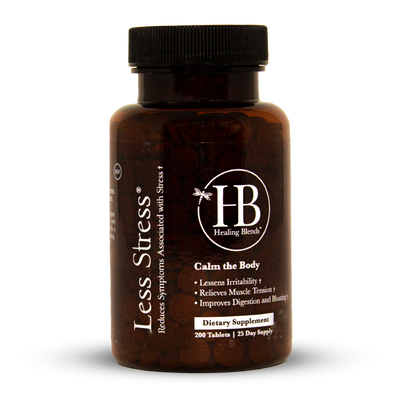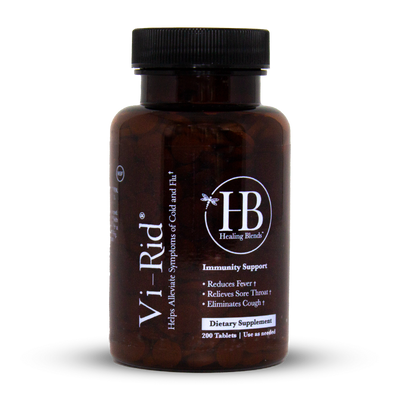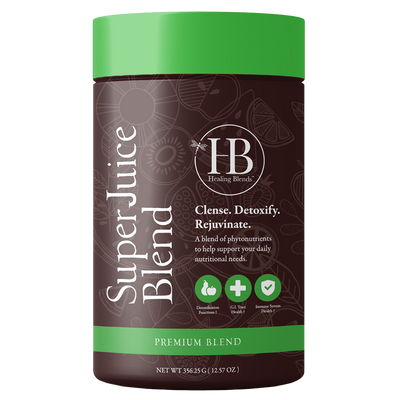What is Tummy Mucus and Why It's Making You Sick?
Have you ever thrown up? Do you wonder why the food coming out becomes so slippery and sour? Well, this is because of tummy mucus and the acids in the stomach. This slimy secretion covers the innermost lining of your digestive organ. It comes out with your food whenever you forcefully expel the contents of your stomach.
While mucus has its own benefits, too much of it can actually make you sick. Read on and see how this viscous fluid is affecting your overall health and what to do about it.
Tummy Mucus - How Does Gut Mucus Form?Gastric, stomach, or tummy mucus, however you call it, has two major functions. First of all, the mucoid secretion serves as lubrication for food as it passes through the gastro-intestinal tract. With its aqueous nature, it helps facilitate digestion. The mucus allows smooth movement as food is delivered from the stomach to the intestine.
The second function of mucus is for protection against the highly acidic environment in the stomach. The thick mucus forms a protective lining and serves as a defense mechanism of the body against self-destruction. Without the mucus, the strong digestive enzymes and acids can digest the stomach and cause ulcerations.
Clean, clear mucus in the intestinal tract can also help decrease intestinal inflammation. It is rich in bicarbonate, inorganic salts, glycoprotien and mucin- all of which are crucial in ensuring a healthy gut.
What does Too Much Mucus in the Stomach Indicate?
Mucus in the stomach is normal and healthy. However, similar to any part of the body, anything that is in excess is not good.
Mucus production is stimulated by the vagus nerve, prostaglandins, and mechanical stress. While the production is well regulated, build-up can occur due to food allergies/sensitivities, inflammation, and even stress.
When there is an excessive production of tummy mucus, you will suffer several health concerns since this can derail normal gut functioning. This thick mucus can also compromise the absorption of important nutrients in your body.
Some of the most notable issues encountered with excessive mucus production include abdominal pain, constipation, diarrhea, and bloating. If these are not dealt immediately, they can lead to long term problems like Irritable Bowel Syndrome (IBS), infection, ulcerative colitis, and colorectal cancer. It can also worsen the symptoms of Crohn’s Disease and cystic fibrosis.
With the health problems associated with too much stomach mucus, it is crucial to detect the first signs of the problem. They include mucus in the stool and diarrhea with mucus. Take these as warning signs and act promptly to solve the problem.
 Take the Quiz!
Take the Quiz!
Control Mucus Production in the Stomach, Naturally
There are several ways to ensure that your stomach mucus remains within the normal range.
First of all, you need to look into your diet.
Milk and dairy products contain casein molecules that cause mucus production. Wheat, deep fried foods, sugary treats, soy, and red meat can also stimulate excessive mucus production in the stomach. When it comes to drinks, you must take caffeine and alcohol in moderation since they are also known to increase mucus build-up. If possible, substitute your drinks to caffeine -free or alcohol-free drinks.
If there are foods that can stimulate mucus production, there are also foods that are known for their anti-mucus properties. They include fruit and vegetables like onion, pumpkin, celery, pickles, and grapefruit. Leafy greens and herbs like parsley and watercress are also known to be effective.
- Exercise
Another popular way to address increased stomach mucus production is through exercise. While we do not see its effect on the individual cells, stomach exercises allow the release of hormones that help regulate the functions of the entire body including the foveolar cells which are one of the primary cells producing mucus in the gut.
- Hydration
When you don’t drink enough water, your entire body suffers, including your digestive system. Dehydration causes the mucus in the stomach to thicken and get sticky. In this condition optimal digestion suffers. The lack of hydration also exacerbates mucus production, since mucus (as already discussed) assists in the smooth movement of food along intestinal tracts, acting as lubrication. This excessive mucus also irritates the inner lining of the stomach and causes discomfort. To avoid this, drink lots of water. Water helps keep the mucus thin and easily drain.
- Herbal Supplements
Apart from using lifestyle approaches, you can also boost your stomach health by taking herbal products. There are herbal supplements that support the digestive tract and help rid the body of unwanted mucus. This in turn reduces inflammation and allows you to absorb more of your nutrients.
You can look for herbs such as poria, citrus peel, hawthorn fruit, and radish seed. These herbs have been used for centuries in Traditional Chinese Medicine to rid mucus.
We have two herbal blends that have a mix of these herbs.
Control Mucus Production in the Stomach, Naturally
Happy Belly is for acute digestive discomfort or mucus build up, such as diarrhea, nausea, vomiting, bloating etc.
MalCare is best for long term, chronic, over production of mucus build up. May be associated with Ulcerative Colitis, IBS, Crohn's disease even parasites. MalCare is a natural gentle gut cleanse.
To get 10% off your first order sign up for our newsletter.
In Conclusion:
Stomach mucus is important. It facilitates digestion and serves as a protective barrier against self-digestion. But if its production becomes excessive, this can lead to different health problems.
The key here is to balance mucus production so that the food you eat is lubricated and pushed through the intestinal tracts for optimal digestive enzyme exposure and not derail the proper functioning and nutrient absorption in your gut.
A well-rounded approach of exercise, hydration, and diet always helps. And since a healthy tummy also bolsters your immunity, it is in your best interest to keep mucus production in check.
References:
https://www.britannica.com/science/human-digestive-system/Gastric-mucosa
https://www.ncbi.nlm.nih.gov/pmc/articles/PMC3716454/
https://www.webmd.com/digestive-disorders/causes-mucus-diarrhea












